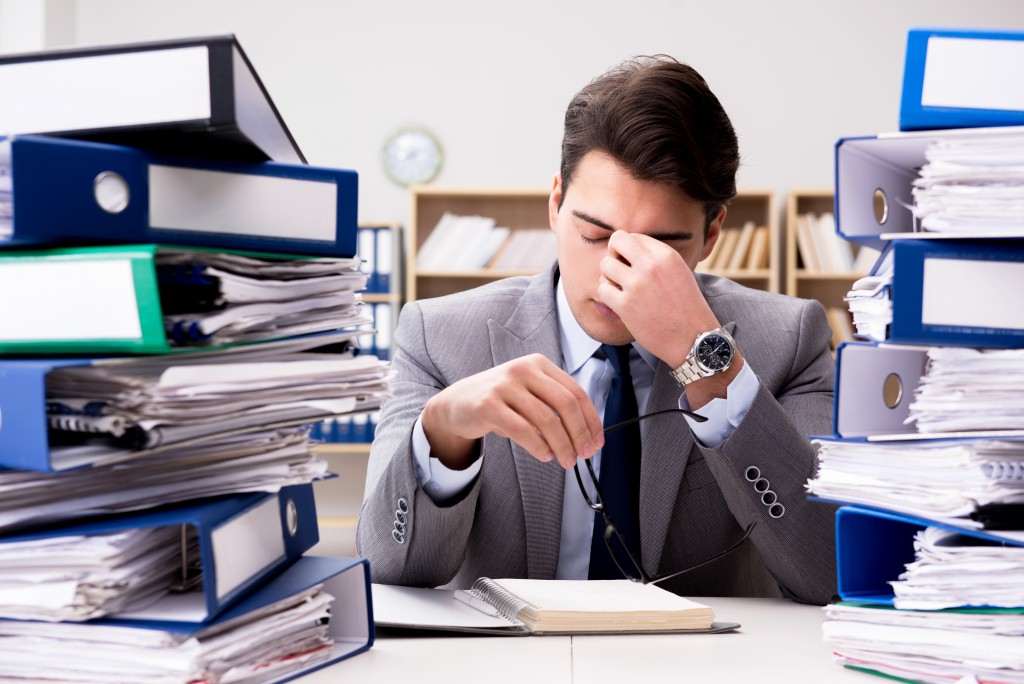Has your fatigue been getting in the way of your daily life? If you have hypothyroidism, excessive tiredness is one of the most debilitating symptoms of the disease. The best way to deal with it is to consult a medical professional who can prescribe a chronic fatigue treatment that will get your hormone levels back to normal. However, there are also some simple strategies for you to deal with your condition. The following are some things you can do to combat excessive hypothyroidism fatigue:
Switch up your diet
Eating a diet that’s full of whole grains, vegetables, fruits, and lean proteins is a great way to get a boost of energy. Processed food and refined sugars can provide you with an instant jolt of power, but eating too much can result in an energy crash and end up making you feel more exhausted in the long run.
Avoid caffeine
Caffeine is fine in small doses when you have hypothyroidism, but it’s easy to go overboard if you aren’t careful. People usually consume caffeine as a way to compensate for their lack of sleep, so you need to address your sleeping habits first. What most people don’t know is that caffeine can actually further disrupt your sleep patterns. If you can’t completely cut it out of your routine, you can at least substitute it for more healthy alternatives such as tea or black coffee.
Visit your doctor regularly
During the initial consultation with a medical professional, they’ll usually prescribe medication that will help replace the hormones that your thyroid is incapable of producing. Over time, your dosage will change so you’ll have to regularly pay your doctor a visit to update your dose and make sure it’s correct. Otherwise, you risk experiencing a flare-up of your symptoms.
Exercise

Inactivity can exacerbate hypothyroidism symptoms and lead to depressive symptoms, lethargy, and low metabolism. It’s important for you to stay active and keep moving to help alleviate issues. You don’t need to go all out and get yourself a gym membership so soon. A brisk short walk around your neighborhood or an afternoon spent doing laundry and cleaning your house is enough to keep your heart rate up.
Meditate
Depression and anxiety can take a toll on your mental and physical health and leave you feeling exhausted. The best way to deal with these feelings is to consult with a mental health professional who can prescribe medication and design a proper treatment plan for you. Besides this, meditation, yoga, and breathing exercises can help you calm down and make you feel relaxed.
Hydrate yourself
Inadequate hydration causes a loss in blood volume which forces your heart to work harder to push oxygen through your bloodstream. This results in lethargy, nausea, and headaches. It’s important to keep a water bottle near you at all times so you can take a sip of water as often as possible. You need at least eight 8-ounce glasses of water every day or more depending on your weight, age, and level of activity.
Hypothyroidism can affect you in many different ways. It might make life a little more difficult and uncomfortable, but thankfully, it’s still manageable. These tips will help deal with the fatigue that comes with dealing with this condition.




